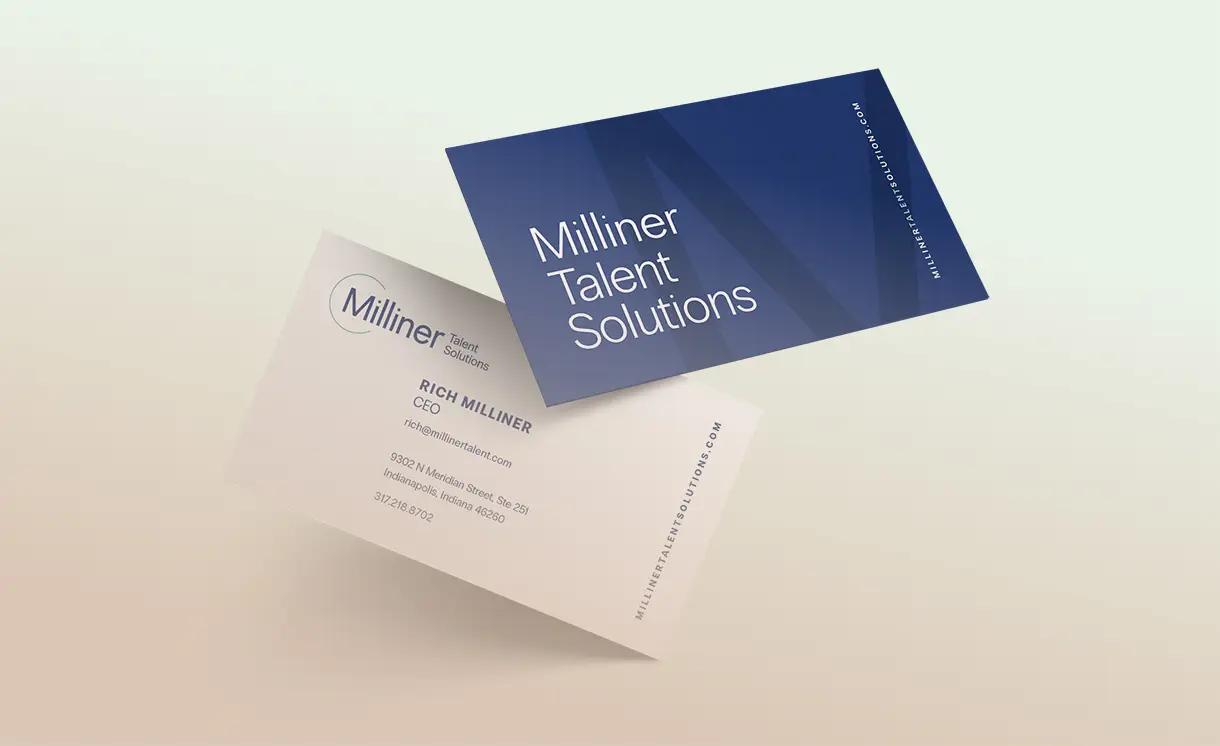Our follow-up to “Common Interview Questions and How to Respond to Them (Part 1)” is packed with additional questions and effective response strategies to help you stand out. These questions delve deeper into your experience, personality, and ability to navigate job-specific challenges.
11. How do you stay organized?
Purpose:
This question helps the interviewer understand how you handle tasks and prioritize deadlines, especially important in roles where precision and timeliness are key.
How to Respond:
- Mention specific tools or methods that help keep you on track, like Excel spreadsheets or other software.
- Share an example showing how you used these tools to manage your workload effectively.
Example:
“I use a combination of Excel spreadsheets and project management software to keep everything organized. I start each week by listing out my responsibilities and deadlines. For instance, during last quarter’s close, I created a checklist to track each report, reconciliation, and data entry task, ensuring nothing was missed and all accounts were reconciled accurately before the final review.”
12. How do you handle tight deadlines?
Purpose:
This question assesses your ability to work under pressure and stay productive during crunch times.
How to Respond:
- Highlight your time-management skills.
- Share a specific example of how you stayed calm and met a deadline.
Example:
“In my previous role, I often handled multiple projects with overlapping deadlines. When faced with tight timelines, I first identify any urgent tasks and adjust my schedule. For example, I once had to prepare a client presentation within 24 hours. I focused on the most important data points and collaborated with a colleague to split tasks, allowing us to deliver a high-quality presentation on time.”
13. Describe a time when you disagreed with a decision at work.
Purpose:
Employers want to see if you can handle disagreements professionally and constructively.
How to Respond:
- Explain the situation objectively, focusing on communication and compromise.
- Show that you approached the disagreement with respect and a positive attitude.
Example:
“During a meeting, I disagreed with the approach our team lead suggested. Instead of speaking up right then, I requested a one-on-one to share my concerns privately. I explained my perspective and proposed an alternative approach. While we didn’t go with my suggestion, we ended up incorporating some elements and the conversation helped strengthen our working relationship.”
14. How do you stay motivated during repetitive tasks?
Purpose:
This question tests your ability to maintain productivity, even in routine or monotonous work.
How to Respond:
- Share strategies that help you stay engaged.
- Give an example of a repetitive task you handled successfully.
Example:
“Repetitive tasks can be challenging, but I stay motivated by setting mini-goals and tracking my progress. For example, during quarterly audits, I break the tasks into smaller milestones. I also use these moments to look for efficiencies or improvements, which keeps things interesting and helps me deliver even better results each quarter.”
15. Describe your ideal work environment.
Purpose:
This helps interviewers determine if you’d be a good cultural fit for the company.
How to Respond:
- Describe an environment where you work best and feel most productive.
- Highlight qualities that are common in most healthy workspaces, such as collaboration, flexibility, or open communication.
Example:
“I thrive in a work environment that is collaborative but structured, where everyone works toward a shared goal and clear deadlines are maintained. I appreciate regular check-ins to ensure everyone is aligned. My ideal environment also encourages professional development and learning, as I enjoy keeping my skills updated with current standards and software.”
16. How do you approach learning a new skill?
Purpose:
Interviewers ask this to understand your approach to personal development and continuous learning.
How to Respond:
- Outline your process for tackling a new skill.
- Share an example of a recent skill you’ve learned and why it was valuable.
Example:
“When learning a new skill, I like to break it into manageable steps. First, I gather resources, like tutorials or guides, then I practice and apply what I’ve learned right away. Recently, I learned how to use new analytics software to create more detailed reports for my team. Breaking it down into small steps made it less overwhelming, and now I can use the tool confidently to provide better insights.”
17. How do you approach problem-solving?
Purpose:
This question evaluates your ability to work through challenges systematically and creatively.
How to Respond:
- Explain your problem-solving approach, highlighting analysis, creativity, or teamwork.
- Give an example of a problem you solved successfully.
Example:
“My approach to problem-solving starts with identifying the root cause. I then consider possible solutions, weigh the pros and cons, and decide on the best course of action. For example, we noticed frequent discrepancies during month-end reconciliations. I reviewed past reports and traced the issue to a data-entry process. By adjusting our workflow and adding a quick verification step, we reduced errors by 75%.”
18. Tell me about a time you went above and beyond.
Purpose:
Interviewers want to see if you’re willing to put in extra effort to achieve team or company goals.
How to Respond:
- Share a specific example of when you exceeded expectations.
- Focus on the impact of your extra effort.
Example:
“We were working on a major client project with a tight deadline. I noticed we were falling behind on one of the tasks, so I volunteered to stay late and complete it. I was able to finish it in time, which helped the team deliver the project on schedule. The client was very pleased and it strengthened our relationship with them.”
19. How do you keep up with industry trends?
Purpose:
This question helps the interviewer see that you’re proactive about staying informed and growing professionally.
How to Respond:
- Mention the resources you use, like industry publications, webinars, or networking groups.
- Share a recent trend or development you’ve learned about and its impact.
Example:
“I keep up with industry trends by reading publications like Harvard Business Review and Industry Today, and I regularly attend webinars. Recently, I’ve been learning about the increasing role of AI in streamlining talent acquisition processes. It’s exciting to see how technology is shaping the future, and I’m looking forward to implementing these insights in my work.
20. What do you like to do outside of work?
Purpose:
This question helps interviewers get a sense of your personality and whether you have healthy work-life balance practices.
How to Respond:
- Keep it simple and share hobbies that you’re passionate about.
- Avoid personal information that may feel too private or irrelevant.
Example:
“I love hiking and exploring new trails on weekends—it’s a great way to unwind and stay active. I’m also a big fan of reading books. It’s refreshing to have interests outside of work that keep me energized.”
Final Tips for Part 2:
- Stay Authentic: Answer questions in a way that genuinely reflects who you are and engage with the interviewer naturally.
- Show Enthusiasm for Learning: When discussing skills, trends, or your industry, express curiosity and a proactive approach.
- Balance Confidence and Humility: Own your achievements, but also recognize any areas for growth when relevant.
- Enjoy the Conversation: Remember, your resume gets you the interview, but it’s your personality that will help you get the job.
We hope these interview questions and strategies give you the confidence and preparation you need to excel in your next interview. At Milliner Talent Solutions, we’re more than just recruiters—we’re your partners in success. From providing tailored advice to advocating for you with employers, we’re committed to supporting you at every step of your career journey. Best of luck, and remember: you’ve got this, and we’ve got your back!
If you have any questions about finding the right job or need help in your search, reach out to the experts at Milliner Talent Solutions.




